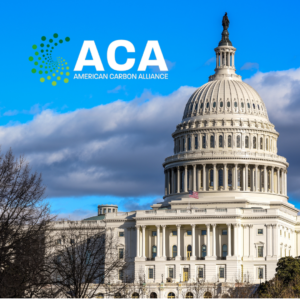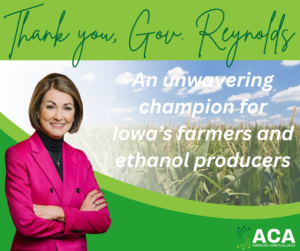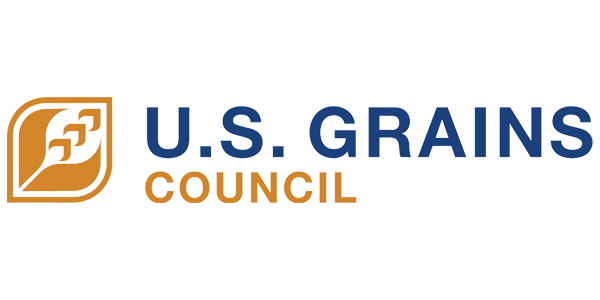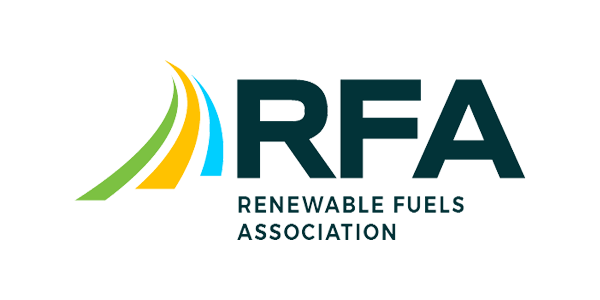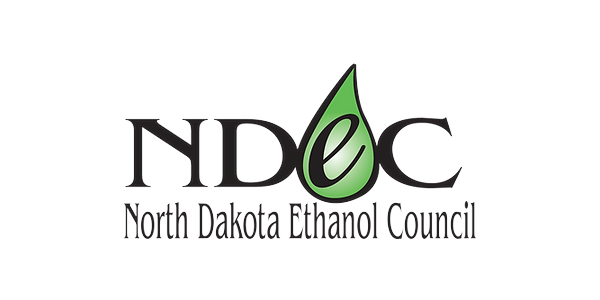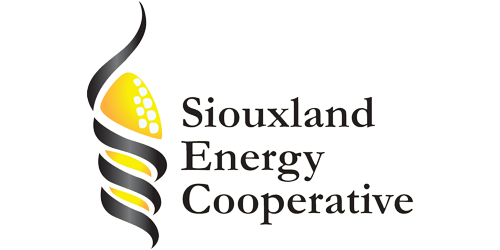Carbon capture: The road less traveled, the path to economic and climate success
Robert Frost’s poem “The Road Not Taken” pictures a crossroads in a yellow wood. Pausing there, he reflects on the choices we make in life and how they impact our future. The poem’s message is undeniable: choices matter. America is what it is because we are, by nature, an intrepid people. Nothing is more pressing to our future than our choices now. But, unlike the traveler in Frost’s poem, we enjoy a particular vantage point — we can see down both roads.
Meeting the energy demands of the future requires vision, conviction and drive. However, our view is currently obstructed by the yellow woods of regulation, public perception and incomplete or biased reporting. The longer we stand here pondering and presupposing how far one road or the other goes, the less chance we have to meet our challenges with balance and poise.
Our world needs energy and a clean environment — neither is well served if we are not honest about consequences and challenges. The balance we must seek is what Wyoming has chosen.
Pursuing net-zero carbon solutions, such as carbon sequestration utilization and storage (CCUS), requires innovative thinking and problem-solving. Moreover, it challenges our ability to think beyond conventional methods, drawing upon science, engineering, and policy expertise.
Overly prescriptive regulation thwarts innovation and slows progress toward net-zero carbon solutions by creating bureaucracy, reducing flexibility and disincentivizing creativity. Additionally, when regulations prevent companies from finding effective and efficient approaches to reduce their carbon footprint, they may become more reliant on loopholes and dilute the effectiveness of the regulations.
There is a clear penchant on one side of our national political divide for regulating fossil fuels out of existence. A corresponding avalanche of federal rules has targeted fossil fuels ostensibly to address climate issues. These include novel implementations of the ozone transport rule, duplicative power plant emission restrictions and tailpipe regulations.
Rules like these can inhibit energy development, undermine U.S. energy independence and increase energy costs for everyday people without diminishing greenhouse gasses in the atmosphere. Such a myopic one-sidedness ignores the dearth of critical minerals required for chips, batteries, magnets and motors and the environmental costs of developing the mining capacity necessary to meet demand. We are left to depend on foreign sources — our competitors and adversaries — for these technologies and materials. That is a road with some pretty deep ruts.
Any administration serious about solving climate issues would not limit its options by evincing a bias against specific energy sources but would allow for performance-based rules following objective scientific analysis. The U.S. Department of Energy’s March 2023 Pathways to Commercial Liftoff: Advanced Nuclear report examined 10 current energy sources for grid decarbonization, making this administration’s choices even more baffling.
While nuclear ranked the best, natural gas and coal combined with CCUS also checked nearly every box in the DOE’s seven criteria as effective in providing the clean, reliable and dispatchable base power America requires. The only criterion CCUS technologies did not meet was cost competitiveness today, which is where innovation kicks in. The first generations of any new technologies are rarely cost-effective — but they have to start somewhere. However, onshore renewable technologies met only two of the criteria in the DOE report.
Furthermore, the litany of rules, regulations and tax subsidies coming out of Washington, D.C., give preferential treatment to renewables over more feasible technologies, such as CCUS combined with coal and natural gas. Finally, science is meant to be impartial and lead to reasonable conclusions — so much for that.
Ignoring CCUS as a viable option to decarbonize the grid creates an energy gap. Coal-fired plants are slated for premature shuttering before alternative resources are fully developed. This has resulted in higher-priced electricity and higher fuel prices and predictions of power shortages, brownouts and blackouts. In their haste to radically transition away from fossil fuels to take only one road, regulators ignore the consumer, environmental degradation, community sustainability and national security.
While others are debating all-out bans on certain types of energy, Wyoming is working to address the gasses in our atmosphere that drive climate.
Our unique geography and infrastructure make Wyoming a prime location for CCUS projects. We are home to the world’s largest carbon capture operation, and we are ready to help the nation, and the world, replicate our success in deploying CCUS technologies. Why must we look to foreign sources for these technologies when we are deploying them right here?
Carbon capture faces criticism from naysayers on the popular road of “keep it in the ground.” However, this safe and proven technology is already being used. CCUS has been around for nearly 50 years and is recognized by the United Nations Intergovernmental Panel on Climate Change and the International Energy Agency as one of the most effective low-carbon technologies.
The CCUS industry is still in its early stages of large-scale commercial development, but Wyoming’s leadership on this front is a path worth traveling. The University of Wyoming School of Energy Resources’ funding awards from the DOE — totaling nearly $100 million, per my office’s calculations — demonstrate the state’s commitment, innovative spirit and determination to address climate change while preserving our coal-reliant economy.
Robert Frost concludes his poem by reminding us that our choices will affect our future. Pursuing net-zero carbon solutions demands innovation and ingenuity, which will drive progress toward a more sustainable future. Regulations must be crafted thoughtfully to foster innovation rather than stifle it. Bias about the how, when it is the what that we care about, should be avoided. Ultimately, the right balance will achieve a cleaner, more sustainable and prosperous future for generations. That is the road Wyoming is taking.
Americans rely on energy every day to make our way of life possible. We in Wyoming care deeply about our natural heritage because we live close to it and appreciate the delicacy of powering our nation without sacrificing our home. It would be my honor to show you what Wyoming is doing to be a leader on this front.
Mark Gordon, the 33rd governor of Wyoming, served as the state treasurer from 2012-2019 and is serving his second term as governor.

